Previously published Feb 26. 2021
Q: Why is Black History Month important?
Great question. I would say Black History Month is important because it’s also American History Month. Black history is American history. For too long – for far too long – black history has not been talked about or understood or studied in the ways that it should be as American history and so Black History Month is, I think, a great thing. And at the same time, we also need to make it Black History Year every year; Black History needs to be an important part of American History – what we study, what we reflect on, and understand to be American History throughout the year. So I think it’s important because it’s American history as well.
Q: Agreed! And since I know you’ve studied history for a long time, I was wondering which black historical figures you find the most interesting and why?
I would say Martin Luther King, definitely. And Rosa Parks from the Civil Rights movement, and many others too. Malcolm X from the 1960s, and back in the 19th century Frederick Douglass, Sojourner Truth, Harriet Tubman. I think those and many others – of course, there’s Booker T. Washington and W.E.B du Bois and many, many others too. And I admire them because they all in their own ways fought for justice and for helping their community to find a way when there wasn’t a way, and find a way through really really horrific circumstances to fight for liberation for black people so I think that they inspire all of us to work for change in our own time as well.
Q: What pieces of black history do you think are currently the most overlooked?
Good question too. I think some of those lesser-known stories, like the ones that aren’t household names… I think we need to keep doing a better job of lifting up those voices too. There’s a new book that just came out that’s edited by Ibram Kendi, an associate, and a professor, and it tells the history of America from a lot of different primary source accounts from black people – some famous black people and some not-so-famous black people. It’s one of the next [books] on my list to read because I look forward to revisiting American and black history through this book, through the voices that are maybe not as well known or heard. It’s a book I’m looking forward to reading.
(Book title is Four Hundred Souls: A Community History of African America, 1619-2019 by Ibram X. Kendi and Keisha N. Blain)
Q: I might end up reading that one as well; it’s definitely going on my reading list. My next question is regarding someone more recent, who may become a historical figure. What are your thoughts on Amanda Gorman’s reading of her poem at President Biden’s Inauguration?
Very powerful. I loved it, I was inspired by it. I used it in my classes; I intend to continue doing so. I thought it really distilled so much of American history and it talked about—I think she mentioned the shadows, or the shade, the not-so-pleasant times—but she also ended on a hopeful note of what this country can be, when we do lift up multiple voices beyond those who have traditionally been telling the story of American history.
Q: And my final question: what are actions the public can take to help uplift black voices or continue to uplift black voices?
I think one thing is reading. Reading black voices, listening to black voices, reading a book like Ibram X. Kendi’s book, listening to black podcasts, supporting black creators, like television shows and movies, and poetry like Amanda Gorman. And being attentive to what’s happening in the community, and what are local black voices and how can we help support African American people locally in their struggles as well.

















![Teacher [Milk] Tea: Part 2](https://bisvquill.com/wp-content/uploads/2024/03/Screen-Shot-2024-03-19-at-9.28.48-PM.png)










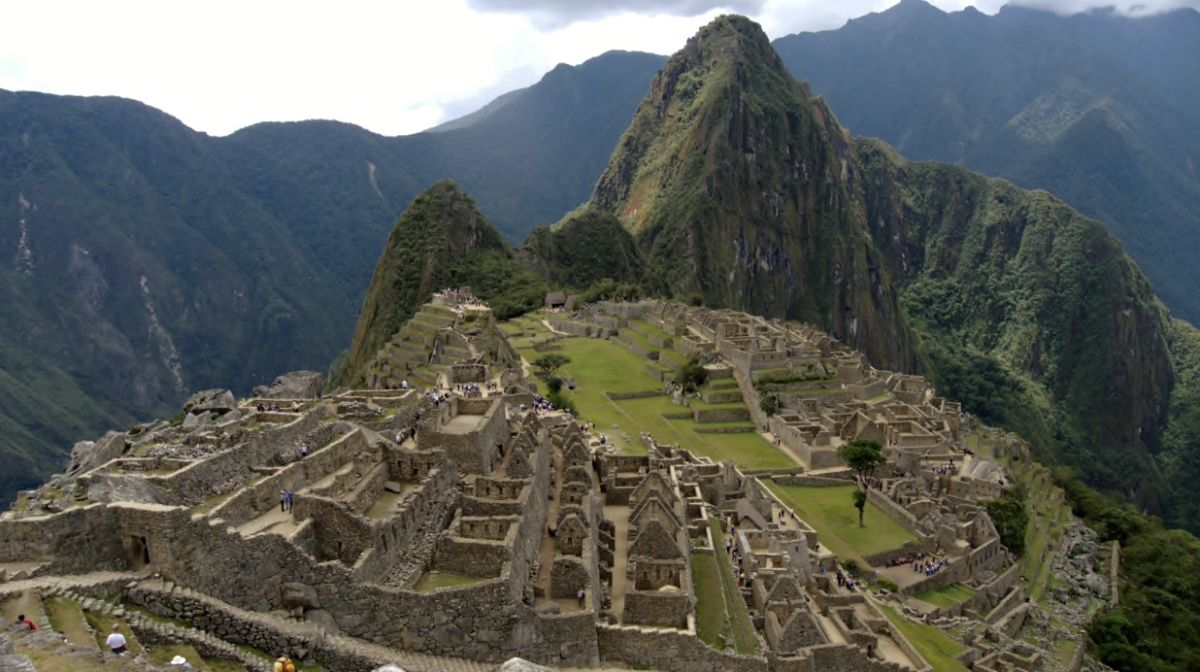
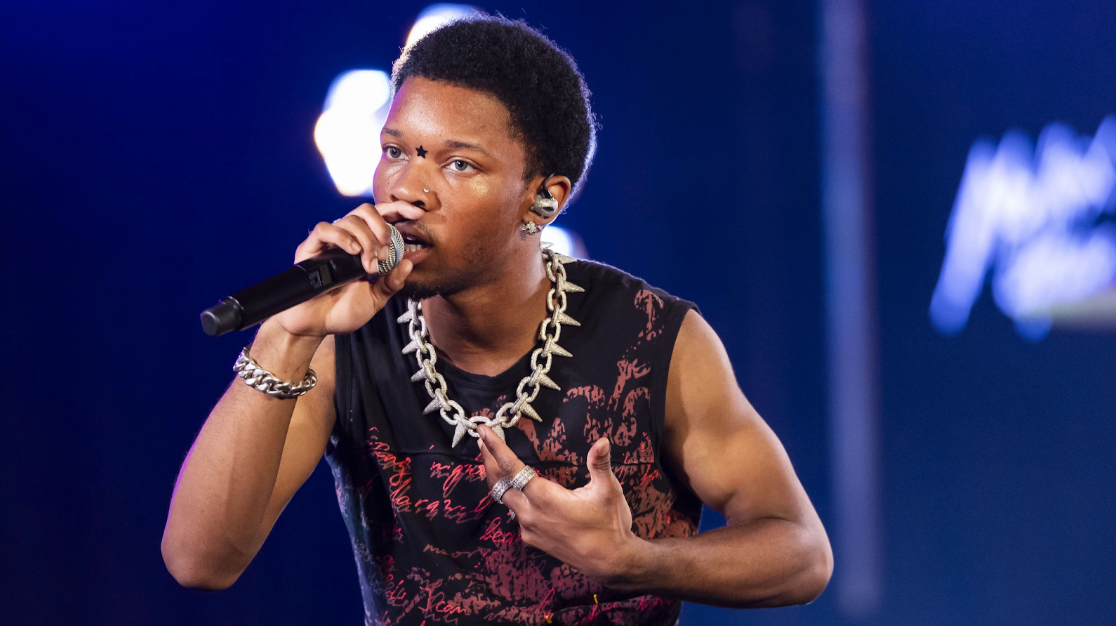

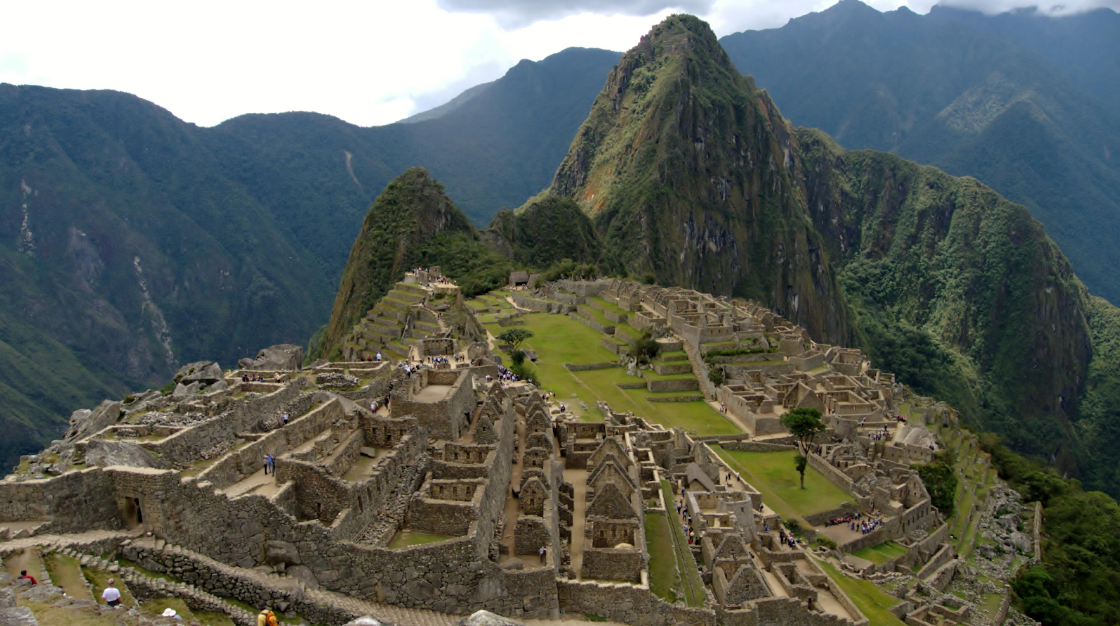


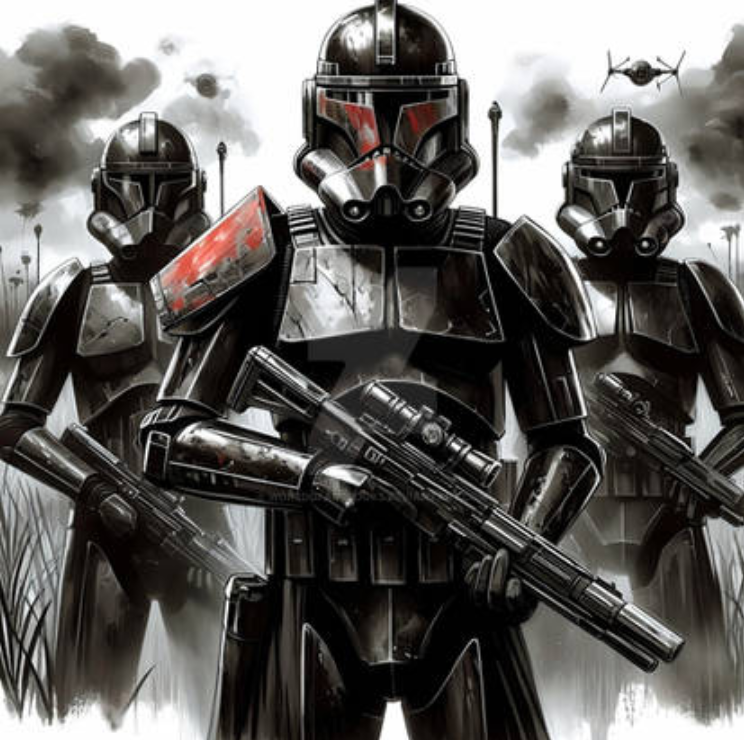
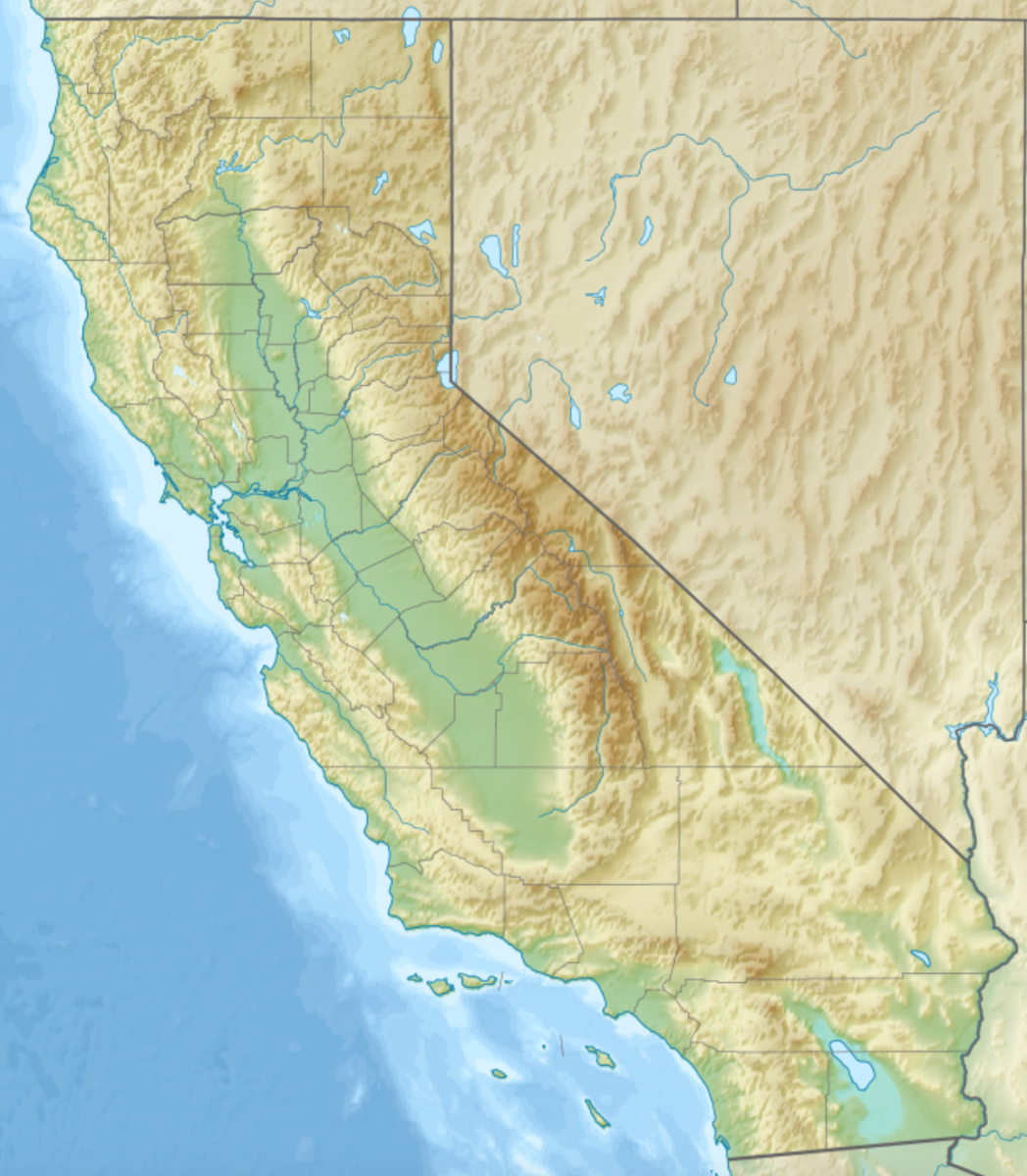





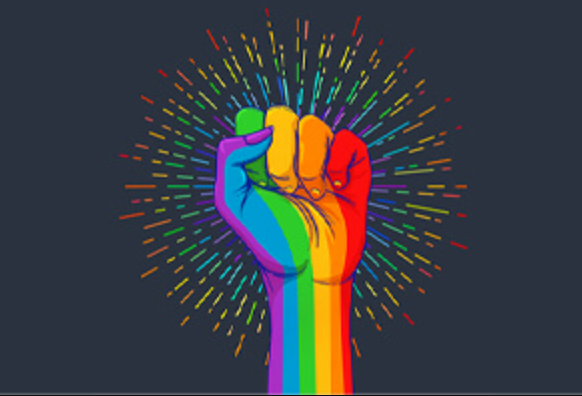









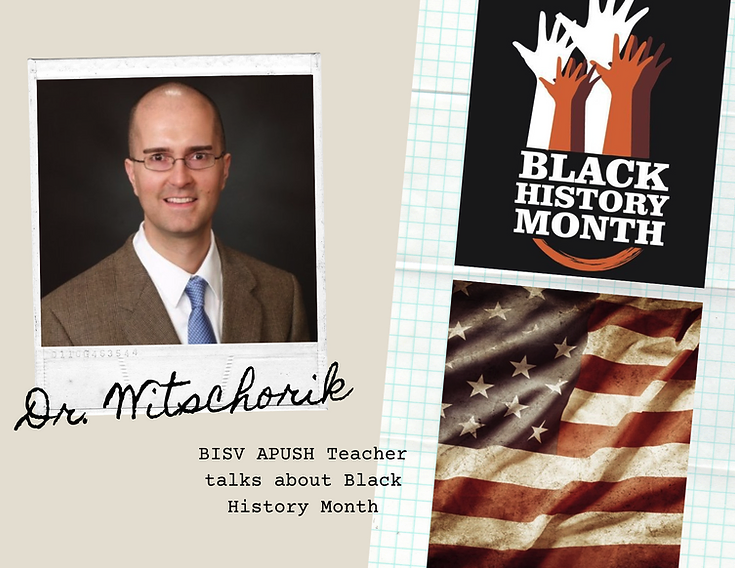
![Teacher [Milk] Tea: Part 1](https://bisvquill.com/wp-content/uploads/2024/03/milk-tea.png)